

 Ghana’s legal and institutional frameworks for ocean governance have been assessed as Marine Spatial Planning (MSP)-friendly and aligns with international conventions.?
Ghana’s legal and institutional frameworks for ocean governance have been assessed as Marine Spatial Planning (MSP)-friendly and aligns with international conventions.?
This follows a validation workshop organised by the Fisheries Committee for the West Central Gulf of Guinea (FCWC) in collaboration with the Fisheries Commission.?
The validation workshop brought together national regulators, Metropolitan, Municipal and District Assemblies (MMDAs), traditional authorities, industry and civil society, among others.?
Facilitators said the exercises gave participants a structured opportunity to discuss legal mandates and define their roles in the MSP process, which aimed to reduce conflicts at sea and deliver socio-economic benefits from marine resources.?
The workshop forms part of the Using Marine Spatial Planning in the Gulf of Guinea for the Implementation of Payment for Ecosystem Services and Nature-Based Coastal Solutions (MarEcoPlan).
This is a three-year, $3 million pilot Marine Spatial Planning (MSP) project being implemented in three FCWC Member States: Côte d’Ivoire, Ghana, and Togo, in partnership with the International Union for Conservation of Nature (IUCN) and the Fisheries Commission, with funding from the Global Environment Facility (GEF).???
Dr Kwame Adu Agyekum, the MarEcoPlan National MSP Consultant, told the Ghana News Agency (GNA) that according to the technical team, Ghana’s framework could host MSP without displacing existing mandates.
Dr Agyekum added that the Environmental Protection Authority (EPA) could integrate an MSP compatibility check into environmental approvals, while the Ghana Maritime Authority’s navigation and safety responsibilities allowed MSP to reflect the International Maritime Organisation’s (IMO) routing measures.?
He added that the Fisheries Commission’s powers to set seasons and manage stocks, the Petroleum Commission’s oversight of oil and gas operations, and port authorities’ roles in dredging and development all provided anchors for MSP implementation.
He said its alignment with the United Nations Convention on the Law of the Sea (UNCLOS) and regional cooperation mechanisms under the Abidjan Convention and ECOWAS/FCWC was also highlighted.
During the workshop, experts took participants through the data collected for the review of the legal structure and policy documents, including those on maritime zones and resource management.
The agenda featured the presentation of institutional and legal analysis, an analysis of synergies, conflicts and gaps, and a stakeholder-mapping exercise to visualise relationships between agencies, while group tasks were used to capture contributions on practical issues such as data sharing, coordination, and where MSP checks should sit in approval processes.
Participants also reviewed and analysed evidence products, including summaries of policy instruments, datasets compiled for the study and a map of institutional connections, which noted synergies such as shared corridors for shipping, spillage response and search-and-rescue, as well as flagged conflicts and gaps, including overlapping mandates and uneven data availability, that MSP could address.
The organisers said the next steps of the MSP included refining the recommendations, continuing stakeholder engagement, and preparing authoritative spatial layers such as port limits, petroleum safety zones, marine protected areas, and proposed cable and pipeline corridors for publication and public comment.
A representative of the FCWC acknowledged that the validation exercise confirmed that Ghana’s legal and institutional house could support MSP, adding that regional alignment would help ensure safe navigation, healthy ecosystems and predictable rules for investors.
Source: GNA
The post Ghana’s legal, institutional frameworks for ocean governance said to be MSP-friendly appeared first on Ghana Business News.
Read Full Story

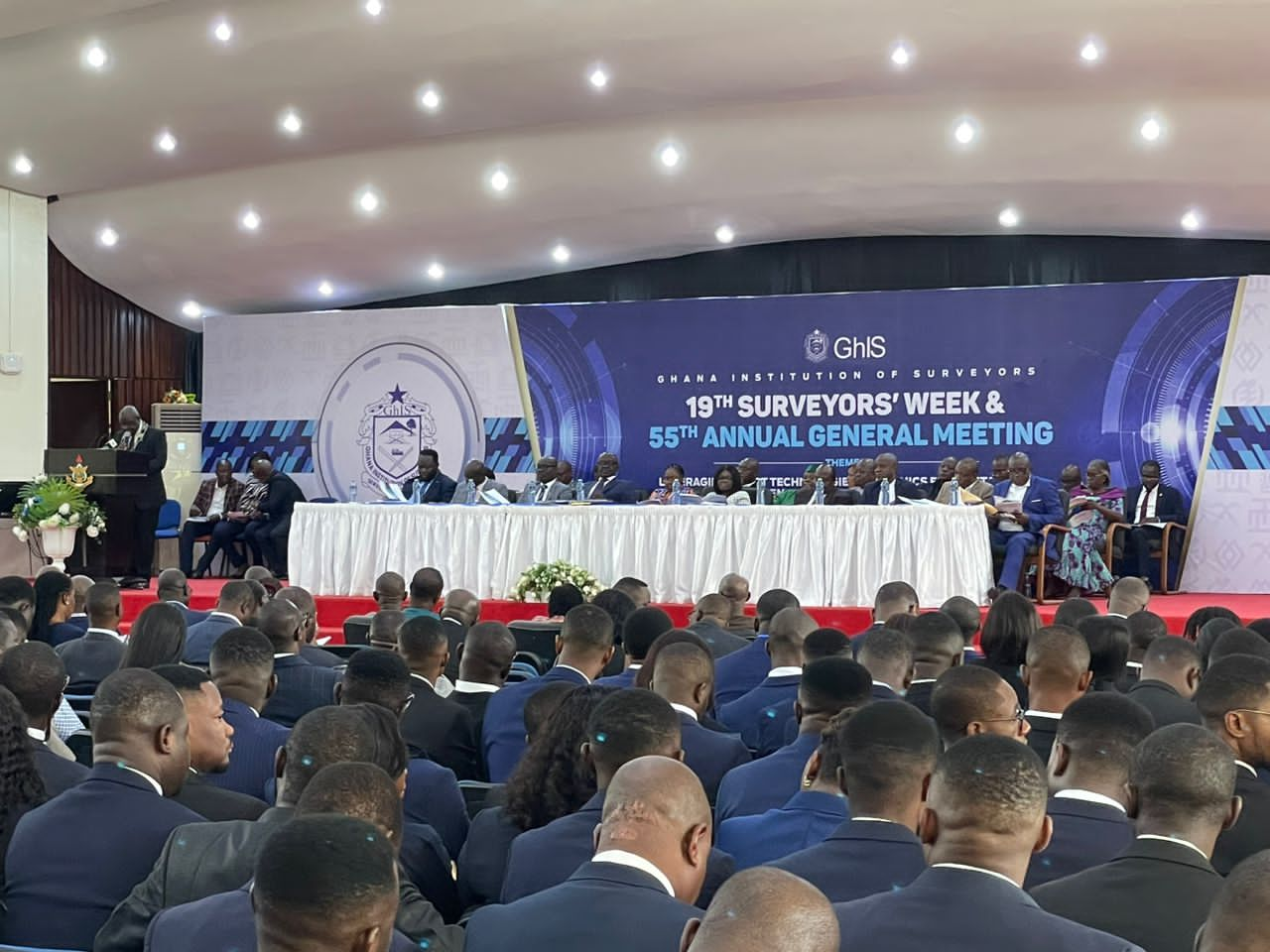
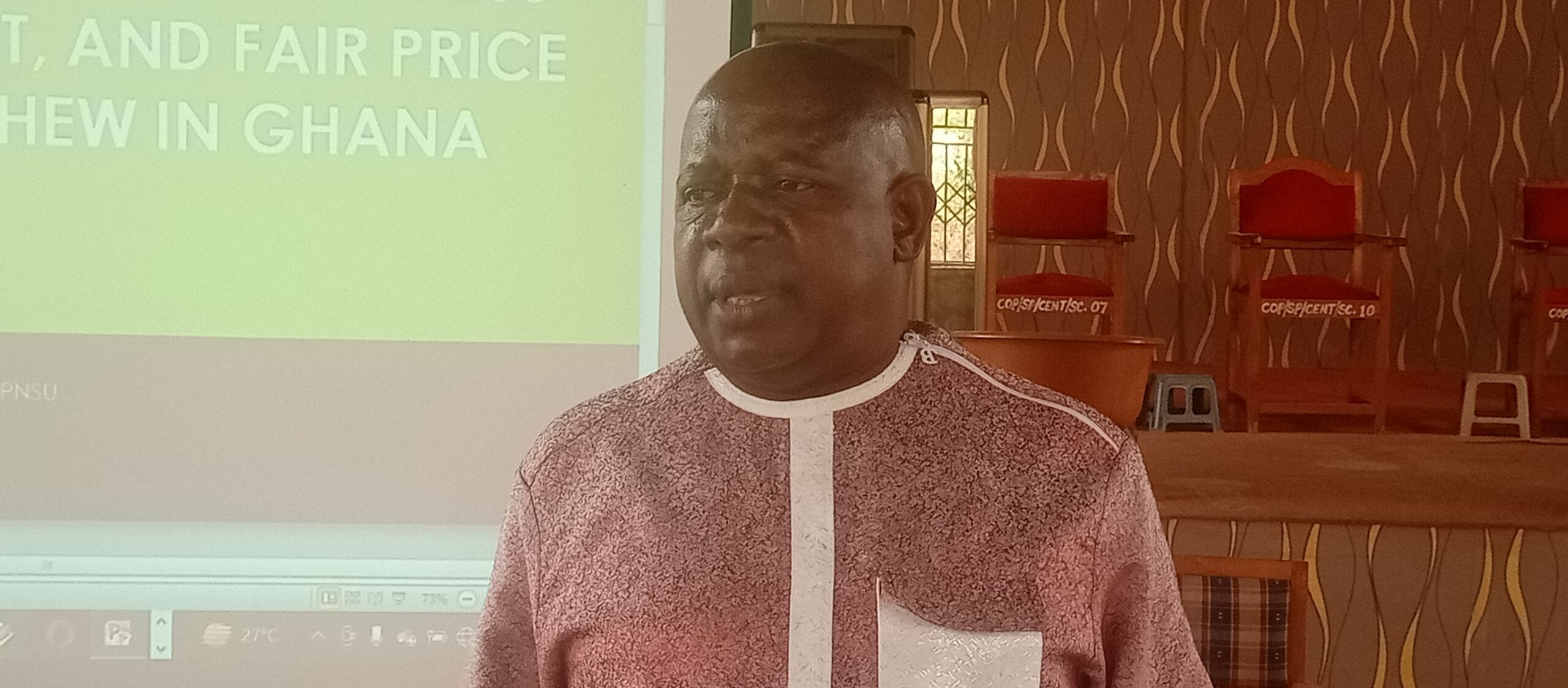


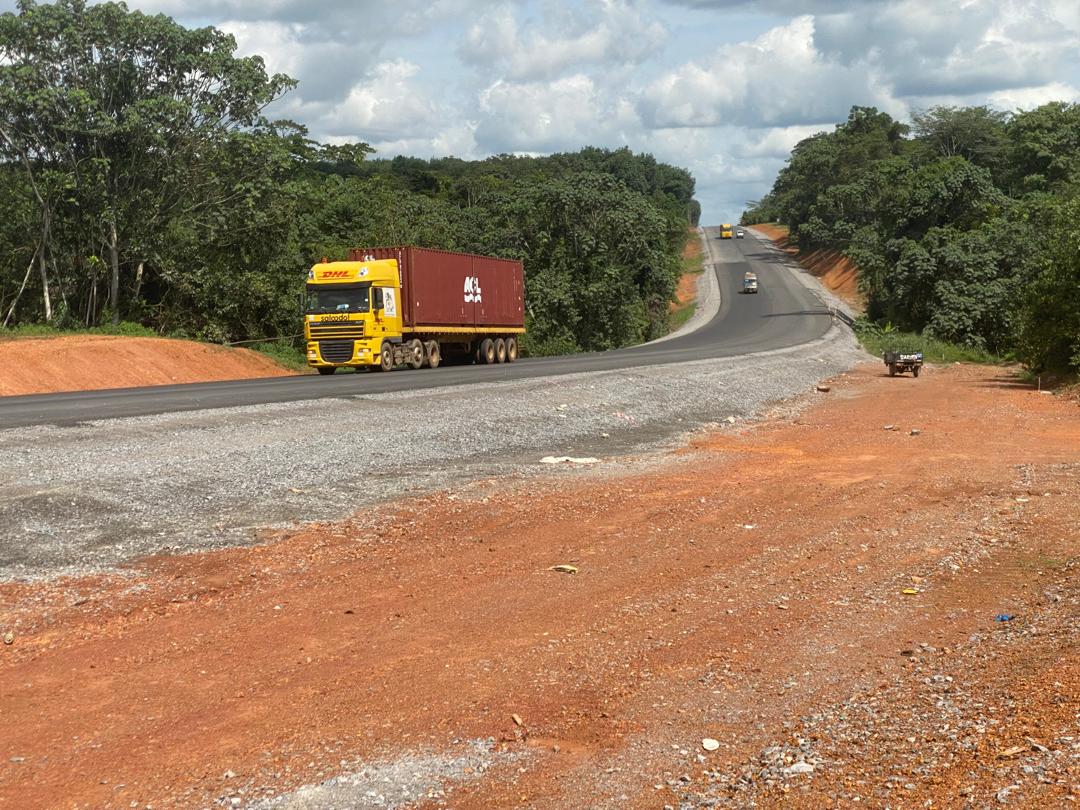
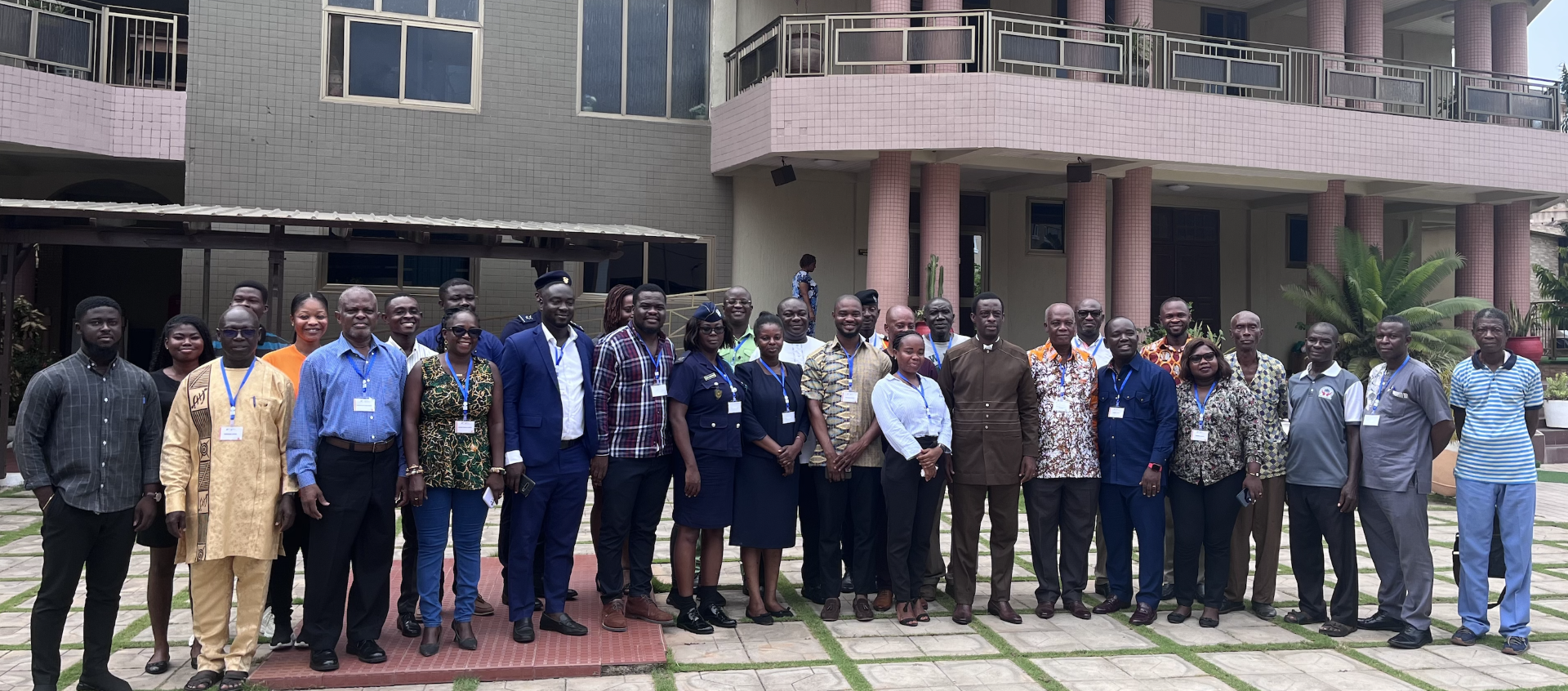



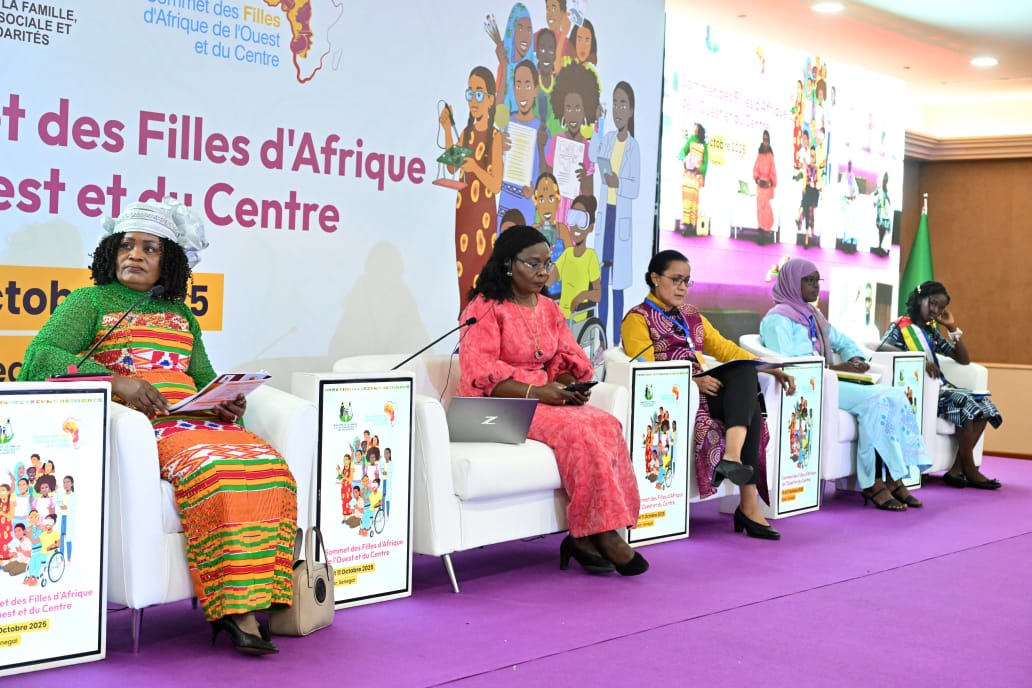

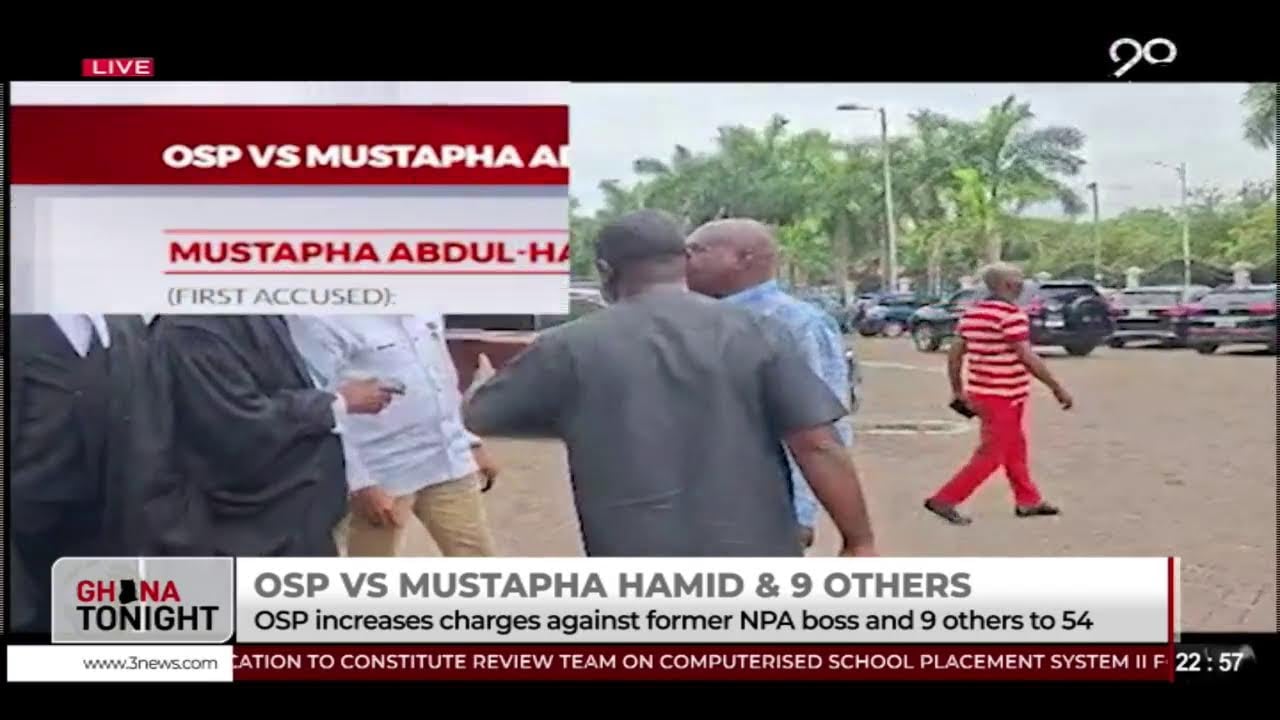
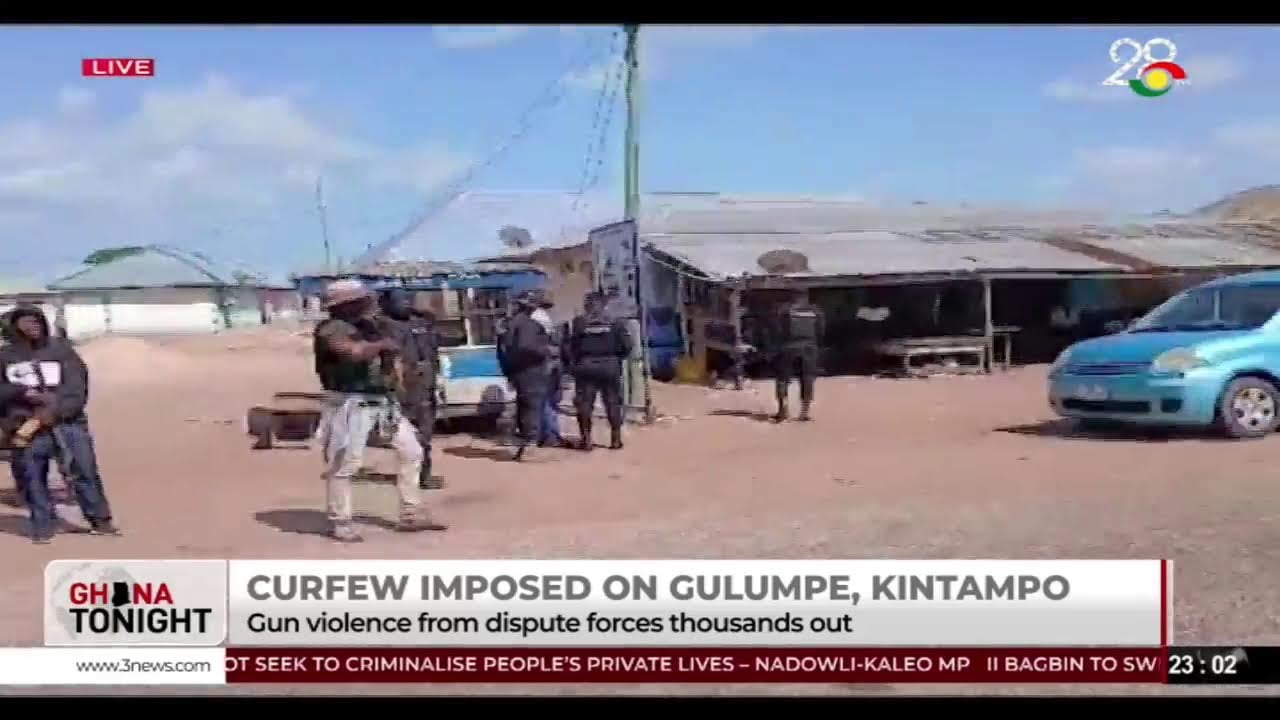
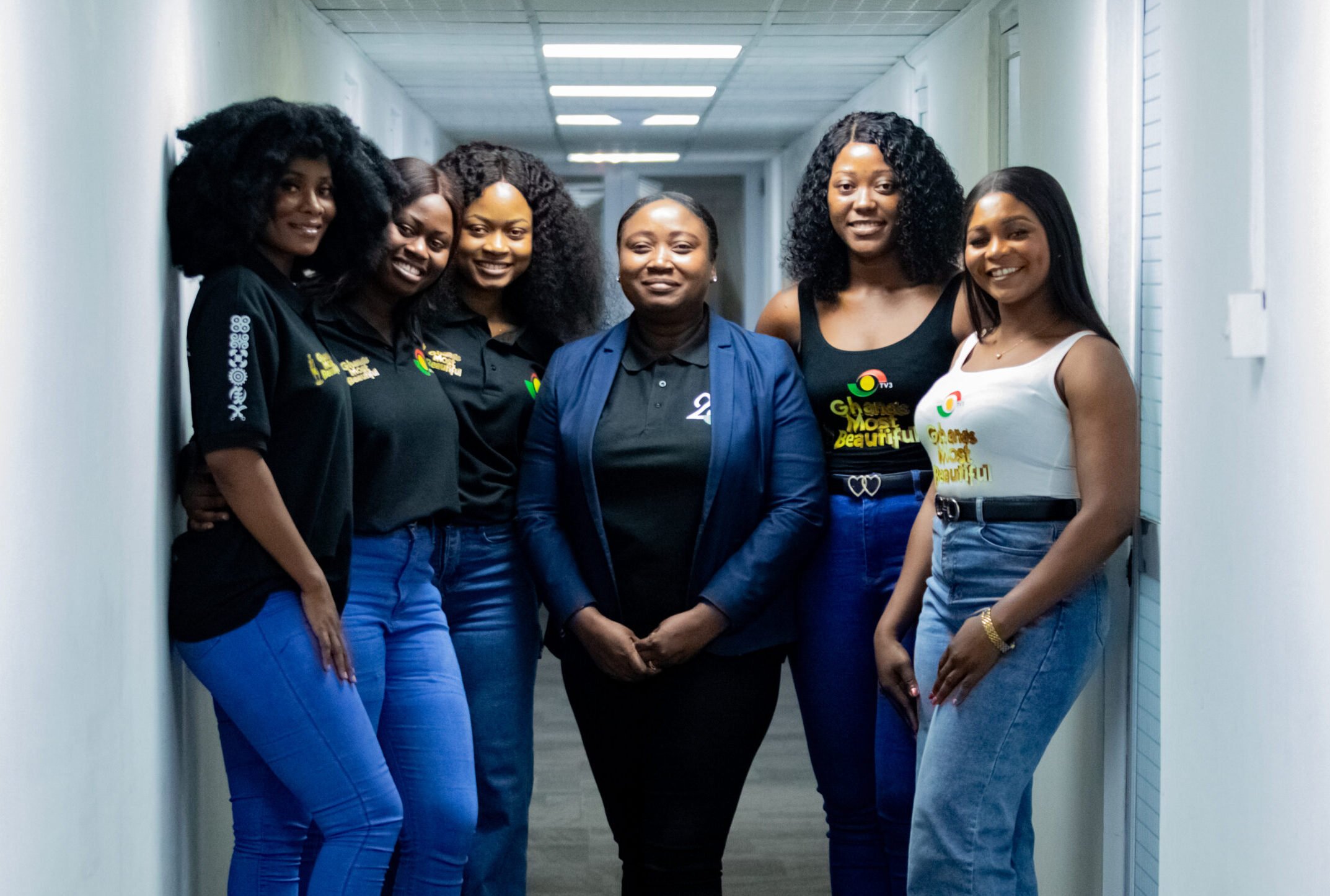
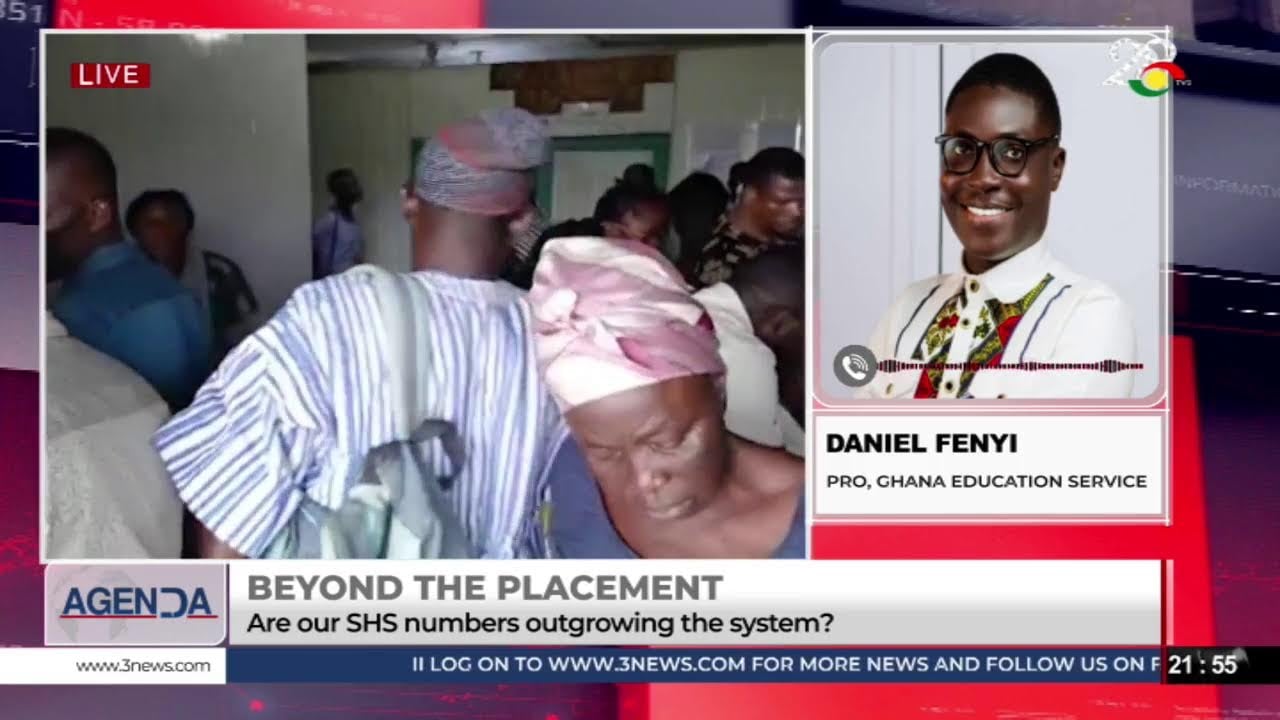





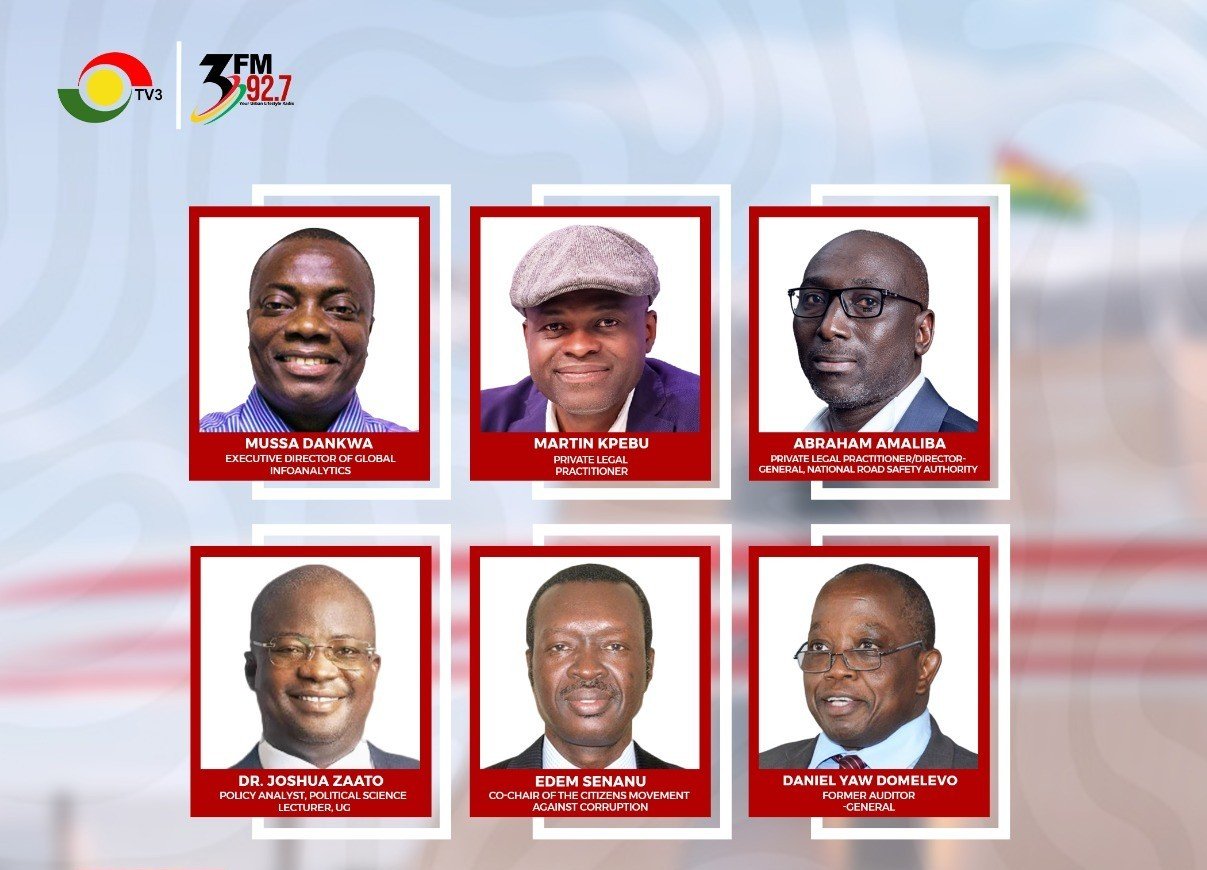
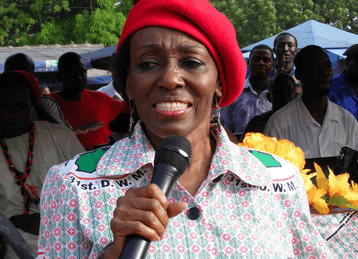





Facebook
Twitter
Pinterest
Instagram
Google+
YouTube
LinkedIn
RSS